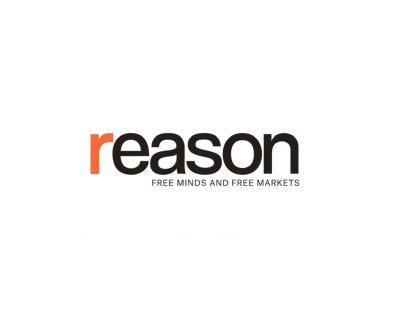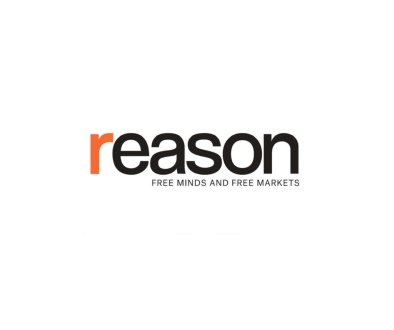Journal of Free Speech Law: “Corporate Speech and Corporate Purpose: A Theory of Corporate First Amendment Rights,” by Sean J. Griffith
The article is here; the Introduction:
Every spring, hot button issues of social policy are debated on the pages of corporate proxy statements. Recent examples include abortion rights, climate activism, discrimination against racial and religious groups, and transgenderism. In these debates, the affirmative side is taken by a shareholder putting forward a resolution for reform—a “shareholder proposal”—while the negative side is taken by the company, which seeks to persuade its shareholders to reject the proposal. The company publishes and disseminates the resolution along with the arguments of both sides in its annual proxy materials.
Shareholders submitted 889 proposed resolutions in 2023. A substantial majority of these (582 or 65%) raised questions of social policy. Of the social policy proposals, 188 (32%) urged action relating to climate change and greenhouse gas emissions. Meanwhile, 394 (68%) focused on other social issues, such as racial equity audits and diversity, equity, and inclusion (DEI) initiatives. Slightly more than half of all the shareholder proposals received by corporations in 2023 were ultimately voted upon. In some cases, proposals failed to reach the ballot because corporations successfully excluded them. More often, proposals were withdrawn in connection with a negotiated settlement in which the corporation agreed to some of the proponent’s requests. Of the 483 shareholder proposals that went to a vote in 2023, 25 (5%) passed.
Why do American companies become laboratories of democracy during proxy season? Is it that managers sense some competitive advantage in turning their attention from the product market to the marketplace of ideas? Or is it that investors are more likely to subscribe to public offerings if the company promises them an opportunity to speak their mind on social issues? Neither is the case. While it may be true that some corporations have chosen to lean in to the culture wars, it is equally certain that many corporations would prefer to lean out and avoid such issues altogether, fearing distraction or backlash. But companies cannot opt out of shareholder proposals. Their participation is compelled by the government.
Companies publish and distribute shareholder proposals because Rule 14a-8 of the Securities and Exchange Commission compels them to do so. Subject to a set of exceptions and exceptions-to-the-exceptions, the shareholder proposal rule requires corporations to include shareholder resolutions and supporting statements of up to 500 words in the company’s own proxy materials. Publication of proposals raising controversial social issues are compelled either (1) under an exception to the “relevance” exemption, requiring companies to include proposals that “raise issues of broad social or ethical concern related to the company’s business” even if they are not quantitatively relevant to corporate revenues or assets, or (2) under an exception to the “ordinary business matter” exemption, requiring companies to include proposals that “raise[] issues with a broad societal impact, such that they transcend the ordinary business of the company.” These exceptions have swallowed the rule to the point that the majority of shareholder proposals now raise controversial issues of social policy.
But government compulsions to speak are constitutionally suspect. The First Amendment of the U.S. Constitution prohibits the government from “abridging the fre
Article from Reason.com

The Reason Magazine website is a go-to destination for libertarians seeking cogent analysis, investigative reporting, and thought-provoking commentary. Championing the principles of individual freedom, limited government, and free markets, the site offers a diverse range of articles, videos, and podcasts that challenge conventional wisdom and advocate for libertarian solutions. Whether you’re interested in politics, culture, or technology, Reason provides a unique lens that prioritizes liberty and rational discourse. It’s an essential resource for those who value critical thinking and nuanced debate in the pursuit of a freer society.



